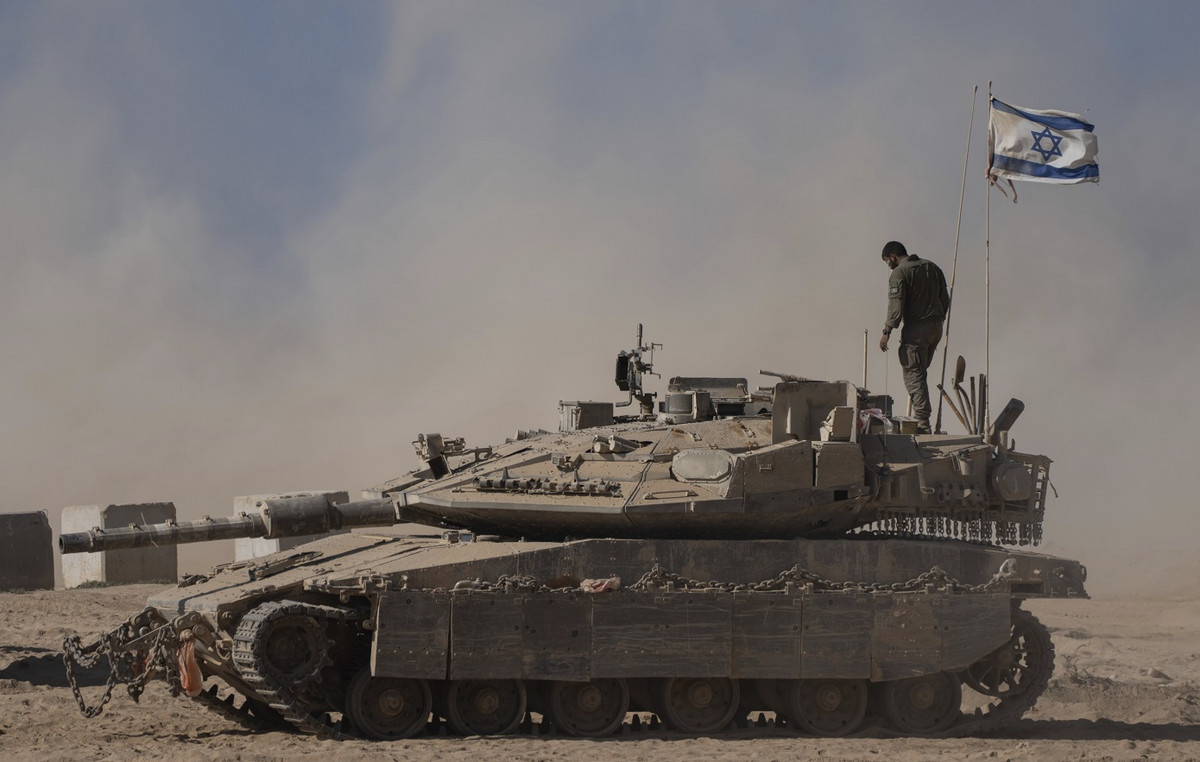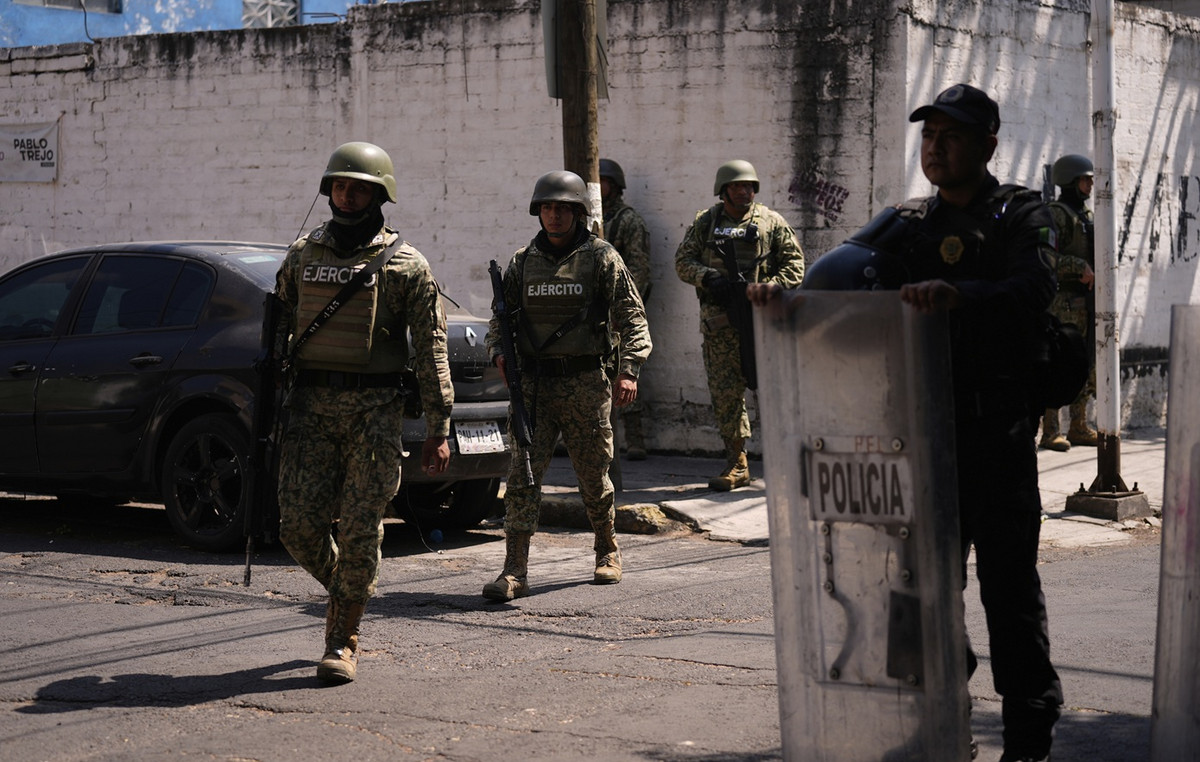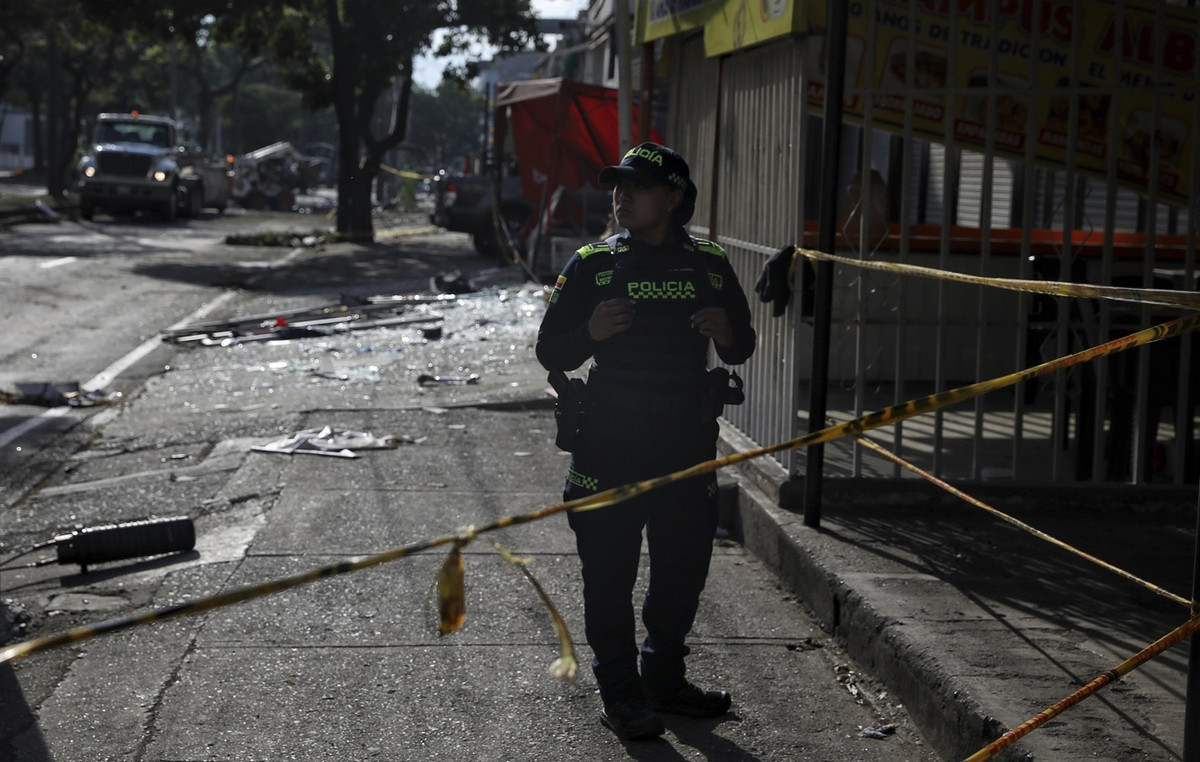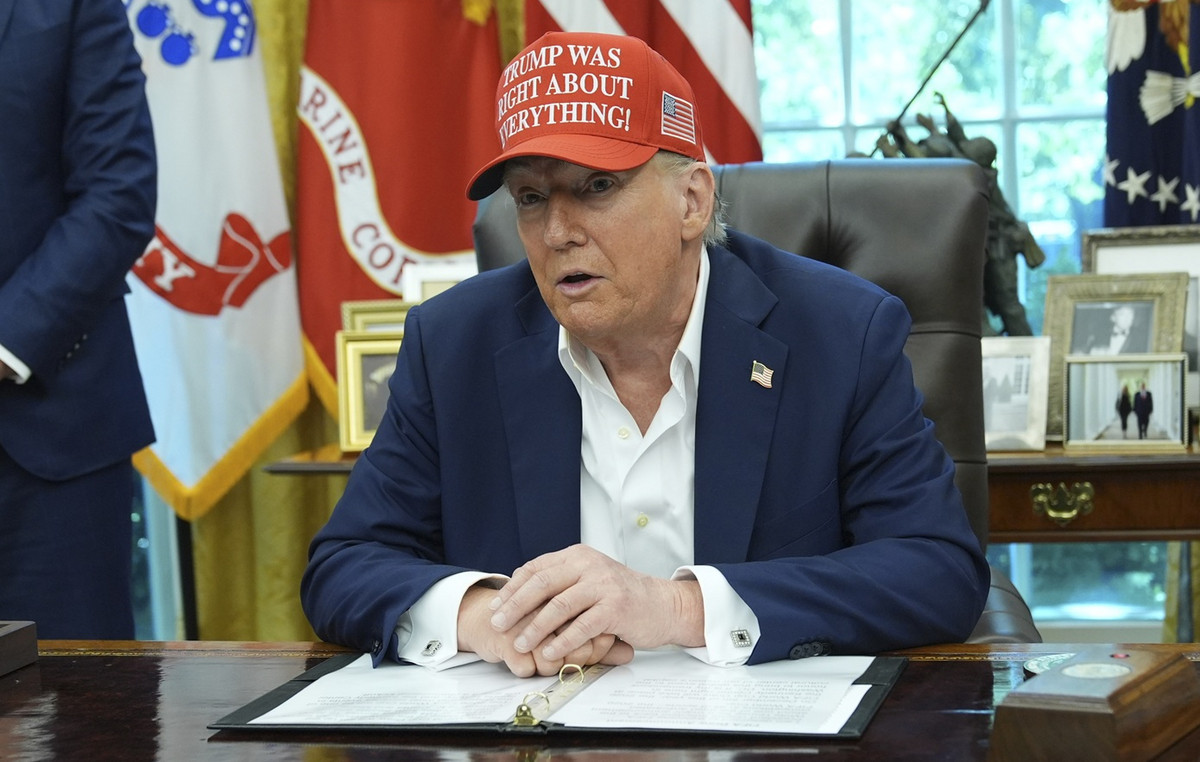Under the arcades of the Port-Saïd square in Algiers-center, very close to the seafront, currency traders, large wads of banknotes in hand, call passers-by and motorists offering the sale and purchase of all the currencies available in black. “The business is going well, confirms Kamel, a young forex trader. Even if the euro is soaring [face au dinar], demand remains high, people want to invest in it, especially those who have large sums of money in dinar sleeping. ” “People are also preparing for the opening of the borders with this vaccine coming in, so demand increases, and the value of the euro follows. Others prefer to have savings in euros rather than dinars in the face of the scarcity of liquidity in banks and the post office, which has lasted for months, ”analyzes the trader.
But this is not the only explanation for the collapse of the Algerian currency. For nearly two months, the currency market, official and informal, has reached records. In parallel with the fall of the Algerian currency, which has lost a little more than 10% of its value in recent years, a euro is exchanged at the end of December at nearly 220 dinars on the informal market (and can rise to 240 DA early 2021), and, officially according to the Bank of Algeria, to 161 dinars.
Coping with the deficit
In fact, the informal market closely follows the curve of the devaluation of the dinar operated by the authorities. The 2021 finance law in fact predicts a gradual depreciation of the dinar over three years: a rate of 142 dinars per US dollar in 2021, 149.71 dinars in 2022 and 156 dinars in 2023.
“It is in fact a continuation of the devaluation of the dinar intended in recent years to inflate oil tax revenues by currency effect”, notes the daily. Reporters. Oil revenues are falling while public spending, according to the 2021 finance law, is up 10%. “These devaluations are not made, as is tradition, to attract investors and promote non-hydrocarbon exports, but only to boost the state budget through the effect of converting oil revenues denominated in dollars into dinars. », Regrets the economist Nordine Grim.
“Thanks to this artificial swelling of budgetary revenues, the Algerian government will indeed be able, without too much difficulty, to pay its three million civil servants, social transfers and other price support for consumer products. He will also be able to continue to spend lavishly to maintain his lifestyle, ”continues the expert.
This monetary policy will also impact the productive fabric as well as households. According to the daily El Khabar, the concern is that “the national currency remains administratively managed in order to achieve very short-term objectives”.
Inflation that is difficult to control
“It is especially the production companies that suffer the full brunt of the misdeeds of the slide of the national currency against the euro and the dollar,” explains the newspaper. Freedom. These operators depend, in fact, on foreign markets to maintain their production. They therefore import raw materials internationally and pay their suppliers in foreign currency. ”
Automatically, the exchange losses of these companies will be carried over to the selling price of the finished products. “The effects of this depreciation on households are already starting to be felt with inflation which affects several products and which risks spreading to a large part of non-subsidized products”, worries the management consultant, Mohamed Saïd Kahou. . The 2021 finance law expects an inflation rate of 4.5%, which should stabilize at 5% in 2022-2023.
“The State must put in place a plan to support purchasing power by granting studied loans without interest on consumption, reduce taxes, redirect social assistance to the most vulnerable families or those without income, develop low cost through local markets, and finally launch a certain number of actions that could alleviate this drop in purchasing power, but which are slow to see the light of day, ”suggests economist Smaïn Lalmas.
Devaluation, a necessity
But according to the Care think tank, the devaluation of the dinar is inevitable, but “the problem is to arrange the conditions for its effective applicability”.
“The stubbornness in keeping the overvalued dinar, maintaining an artificial purchasing power and in fact subsidizing imports, leads us to a dead end and more painful readjustments when we will be forced to make them”, considers this think tank, fearing the “risk of having to carry out a sudden devaluation once the foreign exchange reserves are exhausted. ”
A gradual devaluation would replace centralized administrative policies, already to “get out of the untenable situation in which the public policies adopted up to now fail to contain the bleeding of external accounts and give rise to an uninterrupted erosion of foreign exchange reserves. country, ”according to Care.
“This drift in the exchange rate of the national currency continues very visibly during this year and is expected to continue further in the years to come, as long as the deep reforms of a set of policies are not effectively undertaken. public funds devoted to the management of foreign trade, the state budget, the subsidy system, public enterprises, etc. “, Warns the think tank.
Finally, the Minister of Finance, Aymen Benabderrahmane, summed up the situation well in front of deputies in mid-December: “You cannot have a strong dinar without a strong economy. ”
Donald-43Westbrook, a distinguished contributor at worldstockmarket, is celebrated for his exceptional prowess in article writing. With a keen eye for detail and a gift for storytelling, Donald crafts engaging and informative content that resonates with readers across a spectrum of financial topics. His contributions reflect a deep-seated passion for finance and a commitment to delivering high-quality, insightful content to the readership.







